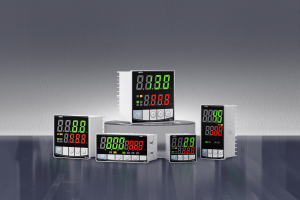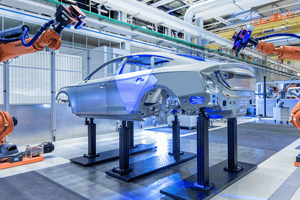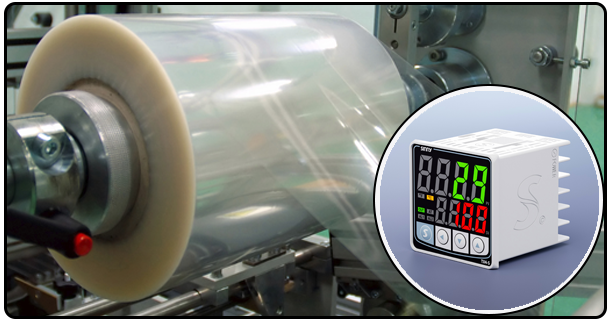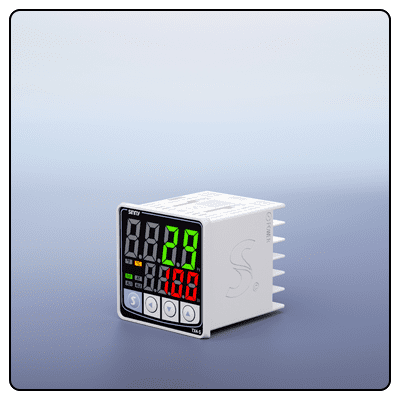Selecting the Ideal PID Controller Optimize Your System's Efficiency
Our comprehensive guide for choosing a PID temperature controller will help your system perform at its optimal level. Consider key criteria when making this important choice to ensure the ideal match is found for your requirement.
1. Introduction
PID (Proportional-Integral-Derivative) temperature controllers play an essential part in system regulation. Although choosing one may appear like just another decision, its effects could have far reaching ramifications on performance, efficiency, and reliability of any given system.
2. Understanding Your System's Needs
As with any decision process, selecting a PID controller requires first understanding its exact specifications:
* System Evaluation:
Assess which processes require temperature regulation as well as their temperature ranges.
* Control Variables:
Determine which variables the PID controller will influence, such as heating elements or cooling fans.
3. Types of PID Controllers
Before selecting a PID controller, it's essential to be informed of its various forms:
* Standalone Controllers:
Ideal for single-loo control applications that offer simplicity and usability, standalone controllers provide simplicity of use when controlling individual loops.
* Modular Controllers:
Ideal for complex systems requiring multi-loop control, modular controllers provide flexibility and scalability to offer comprehensive systems management solutions.
* Integrated Controllers:
These advanced features and communication options are part of larger control systems and offer advanced features and communication possibilities.
4. Key Features to Consider
An effective PID controller must fit with your system requirements: it should contain features tailored specifically for it.
* Input Types:
Verify that the controller you select supports all sensor inputs you wish to utilize, such as thermocouples or RTDs.
* Control Methods:
Look for controllers with multiple control methods such as on/off, PID, or fuzzy logic for optimal results.
* Output Options:
Select a controller with appropriate output types or analog.
5. Size and Compatibility
Please select the Appropriate Size and Compatibility.
For seamless integration, choosing an appropriately sized PID controller is vitally important: selecting its proper dimensions ensures optimal integration into any environment.
* Controller Size:
To maximize space efficiency within your control panel, make sure that the size of the controller suits the available area.
* System Compatibility:
Check that the specifications of the controller meet your system's voltage, current, and power needs.
6. Budget Considerations
Your budget will play a vital role in selecting an instrument:
* Cost and Functionality:
Take time to carefully consider both the price of and functionality offered by each controller in relation to its features and value proposition for your system.
* Consider Long-term Gains of Quality Controller:
Before investing in an inferior controller that does not offer reliability and durability, consider the long-term benefits of investing in one with increased quality and durability.
7. Environmental Factors
Considerations must also be given to the environment in which a PID controller will function:
* Operating Conditions:
Select a controller capable of withstanding temperature, humidity, and other environmental elements present in your system.
* Durability:
When looking for controllers with robust construction and protection against environmental risks such as dust or moisture exposure, look for controllers featuring robust materials that withstand both dust and moisture-filled conditions.
9. Vendor and Support
Selecting a knowledgeable vendor is vitally important. They will play an invaluable role in ensuring that everything runs smoothly for their business.
* Reputable Vendor:
Select a vendor known for quality products and excellent customer service.
* Support and Warranties:
Any vendor must provide comprehensive technical support, warranties, and easy access to replacement parts.
10. Conclusion
Selecting a PID temperature controller requires careful thought, consideration, and introspection into various aspects. By investing time into researching your system and understanding its needs, finding one that will enhance its performance and efficiency may prove extremely worthwhile.
- Discover the Benefits of PID Temperature Controllers in Food Processing
- Seamless Integration of PID Controllers with PLC Systems























